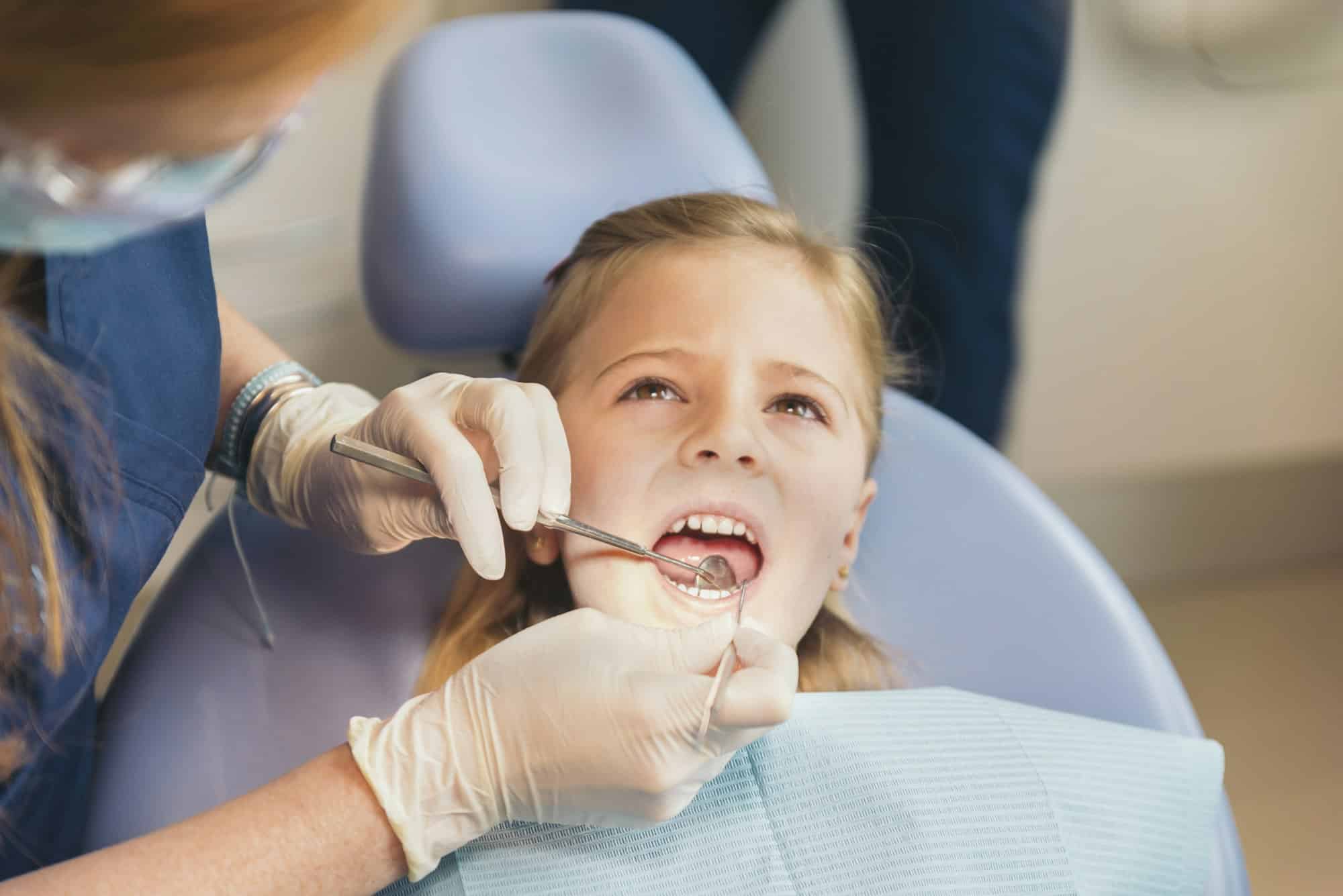Which Evidence-Based Interventions Are Most Effective for Treating Adolescent Depression?

Adolescence can be a trying time for many, marked by growing academic pressures, shifting social dynamics, and physical changes. In the midst of these challenges, a rising number of adolescents are grappling with a more relentless foe: depression. This mental health disorder, once thought to be solely an adult affliction, is now recognized as a significant issue among youths.
Today, we will delve into evidence-based interventions that are proving effective in treating adolescent depression. Using data from reputed studies and professional insights, this in-depth exploration will help to illuminate the landscape of adolescent mental health.
A lire aussi : Can Home-Based Virtual Reality Games Improve Physical Activity in Children with Disabilities?
Recognizing Adolescent Depression: Symptoms and Prevalence
Before we dive into the treatments, it’s essential to understand what adolescent depression looks like. Depressive disorders in adolescents aren’t just characterized by feelings of sadness. They can manifest in various forms, including persistent irritability, loss of interest in activities, difficulty sleeping, and changes in appetite.
In terms of prevalence, a Google search will readily show that the numbers are alarmingly high. According to the World Health Organization, depression is one of the leading causes of illness and disability among adolescents. In the United States alone, approximately 20% of adolescents experience a depressive episode before they reach adulthood.
A découvrir également : What Specific Diets Are Recommended for Managing Hashimoto’s Thyroiditis?
Cognitive Behavioral Therapy (CBT) for Adolescent Depression
One of the primary interventions for adolescent depression is Cognitive Behavioral Therapy (CBT). CBT is a type of psychotherapy that entails helping children and adolescents understand their thoughts and feelings and how they influence behaviors. The goal is to equip them with the necessary skills to modify negative thought patterns and introduce healthier behaviors.
Numerous studies have highlighted CBT’s efficacy in treating adolescent depression. A meta-analysis published in the Journal of the American Academy of Child & Adolescent Psychiatry found that CBT significantly reduced depressive symptoms in adolescents.
Interpersonal Psychotherapy (IPT) as a Treatment Option
Interpersonal Psychotherapy (IPT) is another intervention gaining traction for treating adolescent depression. This therapy focuses on improving the quality of a teen’s relationships and social functioning to help reduce depressive symptoms.
Research supports the use of IPT in treating adolescent depression. A review of studies published in the Journal of Clinical Child & Adolescent Psychology found that IPT was just as efficacious as CBT in reducing depressive symptoms among adolescents.
Family-Based Interventions
In addition to individual therapies, family-based interventions play a crucial role in treating adolescent depression. These therapies involve the child’s family members in the treatment process, fostering an environment that supports the adolescent’s recovery.
Family-based interventions can take various forms, including Family Focused Therapy (FFT) and Attachment-Based Family Therapy (ABFT). Both have shown positive results in reducing depressive symptoms in adolescents.
The Role of Pharmacological Treatments
Pharmacological treatments, primarily Selective Serotonin Reuptake Inhibitors (SSRIs), are often considered when psychotherapy alone isn’t enough. These medications work by balancing chemicals in your brain that affect mood and emotions.
For adolescents with moderate to severe depression, SSRIs can be an effective treatment option. However, they should be used under the close supervision of a healthcare provider due to potential side effects and the risk of increasing suicidal thoughts, especially during the initial weeks of treatment.
In conclusion, it’s evident that adolescent depression is a pressing issue that demands our attention. Fortunately, numerous evidence-based interventions can help these young individuals navigate this challenging phase. Whether it’s CBT, IPT, family-based interventions, or pharmacological treatments, the key lies in early detection and timely intervention.
Psychological Treatments Incorporating Mindfulness and Exercise
Apart from CBT, IPT, and family-based therapies, other psychological interventions that are increasingly being recognized for their effectiveness in treating adolescent depression incorporate mindfulness and exercise. Approaches such as Mindfulness-Based Cognitive Therapy (MBCT) and exercise-based interventions are showing promising results in reducing depressive symptoms among adolescents.
Mindfulness-Based Cognitive Therapy (MBCT) combines principles of cognitive therapy with mindfulness techniques to help adolescents understand and manage their thoughts and feelings. It teaches adolescents to pay attention to their thoughts and feelings without judging them, fostering a healthier relationship with their inner experiences. A meta-analysis from Psychological Medicine showed that MBCT significantly reduced depressive relapse rates among adolescents with three or more prior depressive episodes.
Meanwhile, exercise-based interventions focus on physical activity to reduce depressive symptoms. Regular physical activity can inspire a positive mood, reduce anxiety, and improve self-esteem. According to a study available on Google Scholar from the American Academy of Child & Adolescent Psychiatry, an exercise intervention significantly reduced depressive symptoms in adolescents with major depressive disorder, offering a potential adjunct to traditional treatments.
The Importance of Early Detection and Timely Intervention
Early detection and timely intervention are pivotal in the effective management of adolescent depression. Evidence from numerous controlled trials suggests that the earlier the intervention, the better the treatment outcomes.
Primary care providers play a crucial role in this regard. Being the first point of contact for most health concerns, they often have the best opportunity to detect early signs of depressive disorder in adolescents. They can help identify adolescents at risk, provide immediate support, and refer them to mental health professionals for further assessment and treatment.
To conclude, adolescent depression is a serious mental health issue that demands concerted efforts from all stakeholders. Early detection and timely intervention, in combination with evidence-based treatments, can help adolescents navigate this challenging phase of their lives. Whether it’s through cognitive behavioral therapy, interpersonal psychotherapy, family-based interventions, pharmacological treatments, mindfulness techniques, or exercise, our ultimate aim should be to help these adolescents lead healthier, happier lives.
